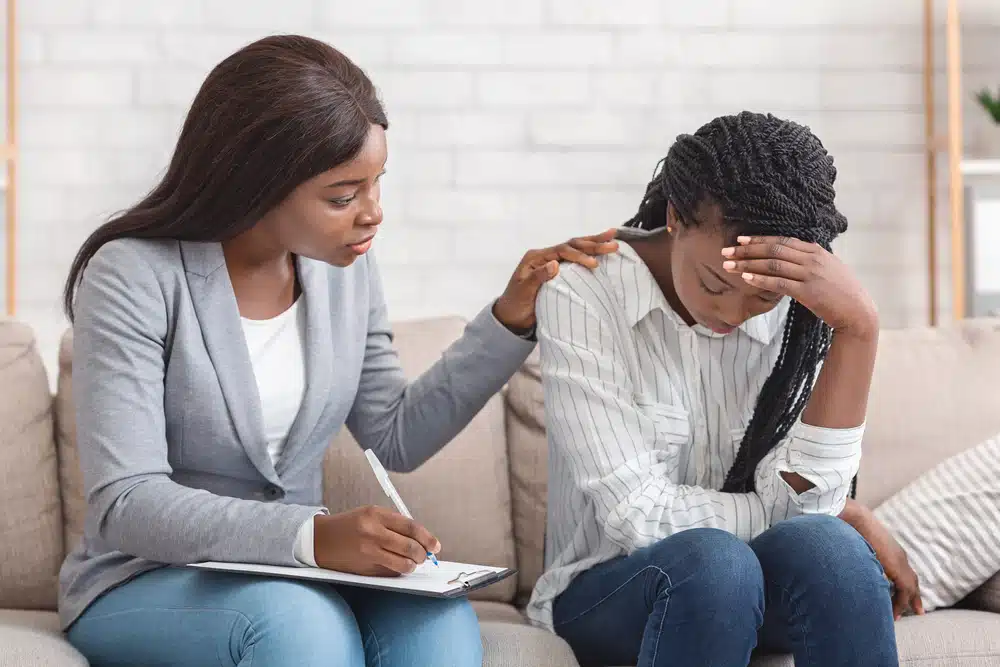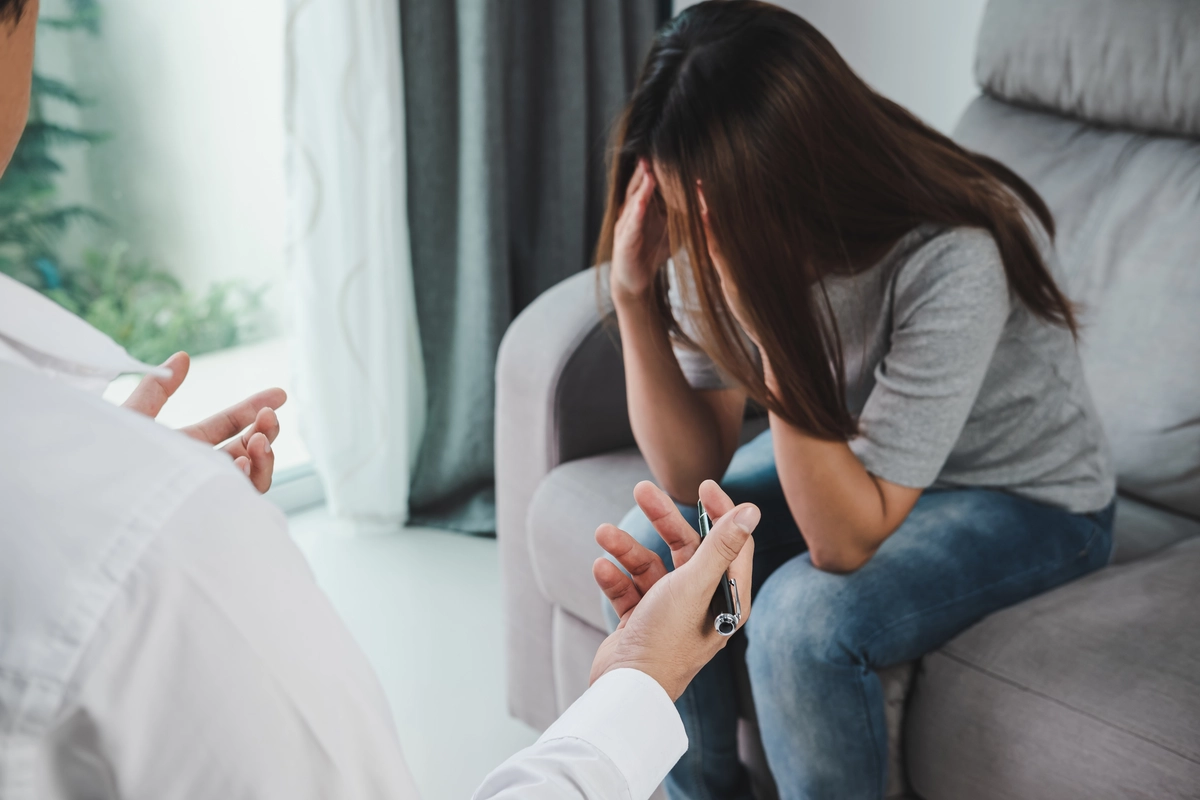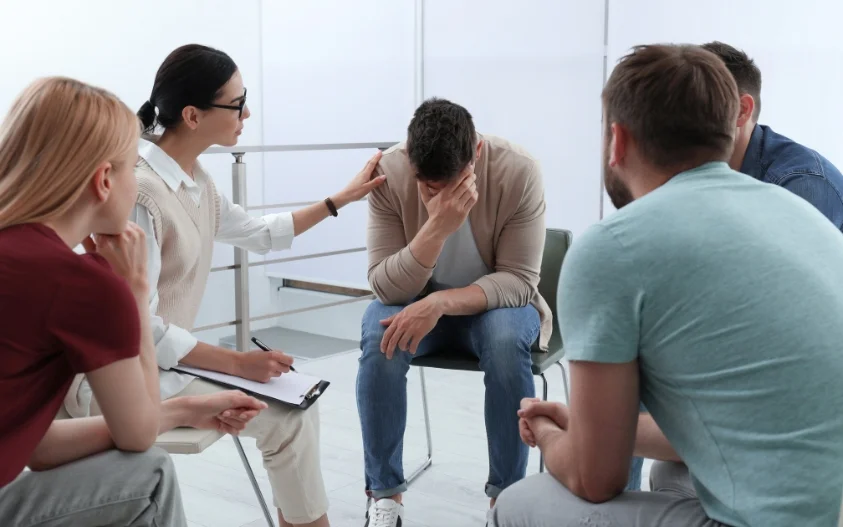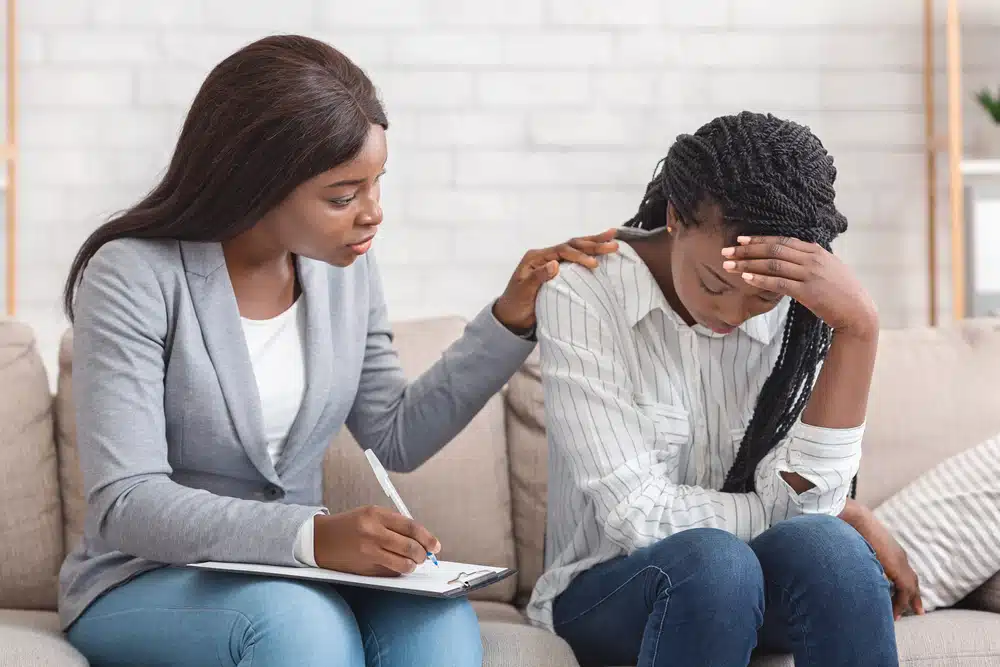24/7 Helpline:
(866) 899-111424/7 Helpline:
(866) 899-1114
Learn more about Morphine Rehab centers in Moody County

Community Counseling
Community Counseling Services offers various options for outpatient behavioral health services acros...

Flandreau Santee Sioux Tribe
Flandreau Santee Sioux Tribe is a public rehab located in Flandreau, South Dakota. Flandreau Santee ...








































Other Insurance Options

CareFirst

Carleon

Group Health Incorporated

Aetna

Oxford

Medical Mutual of Ohio

CareSource

Covered California

Access to Recovery (ATR) Voucher

Absolute Total Care

Amerigroup

Magellan Health

State Farm

Highmark

UnitedHealth Group

Ceridian

Holman Group

MHNNet Behavioral Health

Coventry Health Care

ComPsych